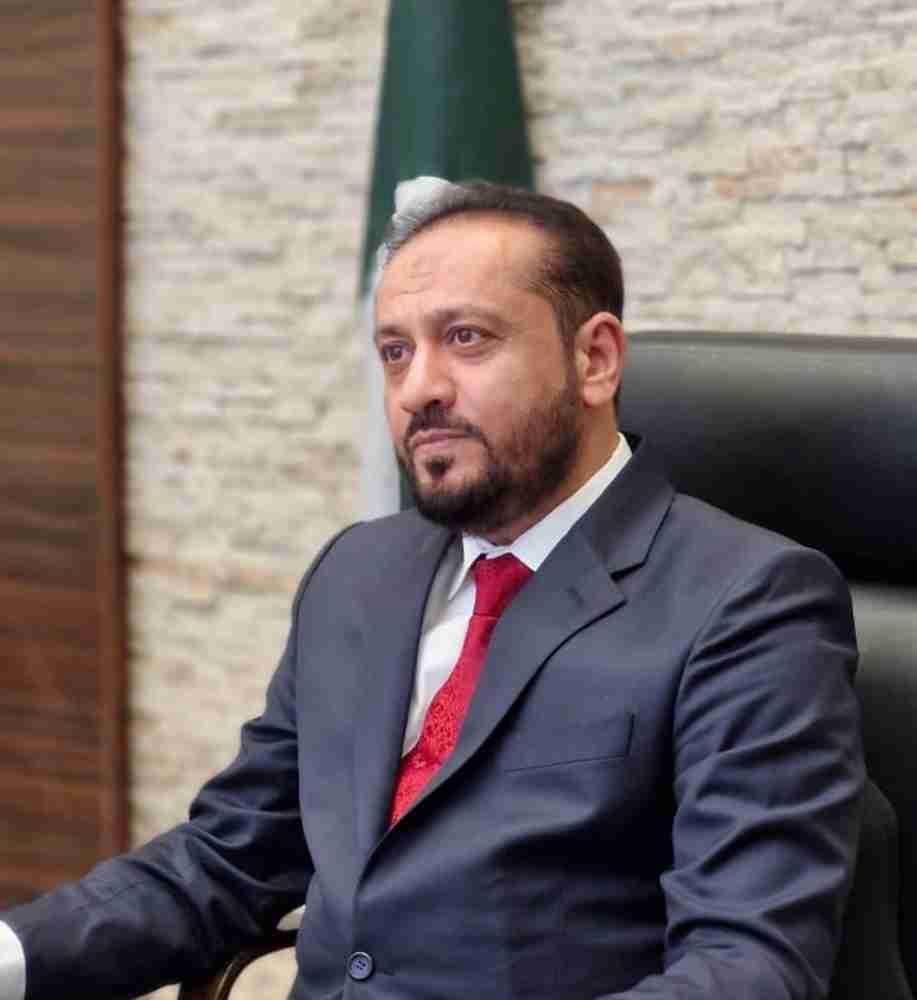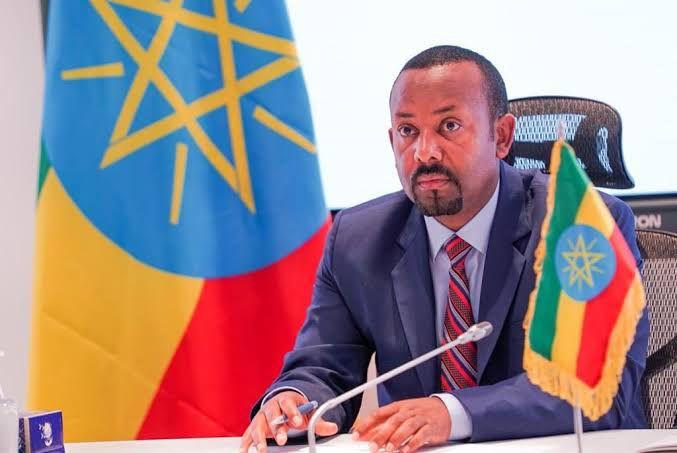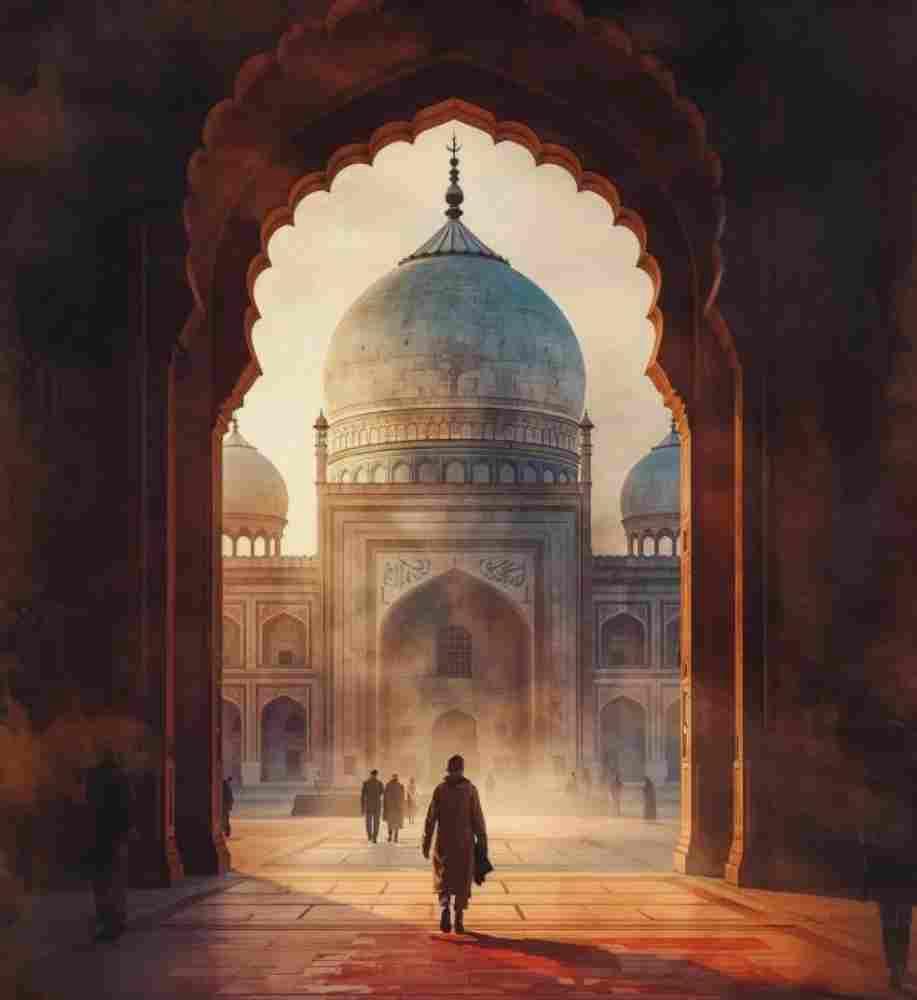By Abdulkadir Mohamoud Sugal (Somaliland)
Absolutely! The Somaliland election commission‘s ability to manage such a complex and unprecedented election is truly commendable. Conducting parallel elections for both the presidential seat and the selection of national parties, while ensuring transparency and fairness, is no small feat. This achievement highlights the high level of democratic engagement and understanding within Somaliland society. It’s a testament to their commitment to democratic principles and the resilience of their political institutions. Quite an inspiring story!
Overview:
If you live in a country where the people have the power to choose their leader, or you want your community to be able to vote freely, you must be familiar with the Republic of Somaliland.
This article will briefly remind you of the research you have done in the past about the Republic of Somaliland and the broad development of the Somaliland community in the process of democracy.
The resilience and strength of Somaliland’s society are indeed remarkable. Their rich culture, strong sense of independence, and economic self-sufficiency have played crucial roles in maintaining their autonomy and resisting external control.
Somaliland Historical Context
When the British Empire arrived in Somaliland in 1884, they encountered a society that was well-organized and deeply rooted in its traditions and values. The community’s wealth in livestock and their culture of independence made it difficult for any external force to dominate them.
Somaliland Agreement with the British
The elders of Somaliland negotiated terms with the British, agreeing to cooperate on matters of foreign security while maintaining their autonomy. This agreement highlighted their understanding of diplomacy and their commitment to preserving their way of life. The stipulation that the British could not settle or be buried in Somaliland further emphasized their desire to maintain control over their land and culture.
Somaliland Cultural and Economic Strength
The community’s knowledge, economic stability, and adherence to law and order created a strong foundation that resisted colonization. Their ability to cooperate and respect guests while maintaining their independence is a testament to their resilience and wisdom.
Somaliland’s history is a powerful example of how a society’s cultural and economic strength can protect its autonomy and identity.
Unity to Return British Somaliland 26 June 1960
Unity and Hope (1960)
The desire to unite with their brothers in southern Somalia led the people of Somaliland to form the Somali Republic on July 1, 1960. The intention was to foster development and support their less fortunate counterparts who had suffered under Italian colonization.
Aiming for Greater Unity
Somaliland’s broader vision was to unite the five Somali regions: British Somaliland, Italian Somaliland, Djibouti (French Somaliland), the Somali region of Ethiopia, and the Northern Frontier District (NFD) of Kenya. This dream was driven by the hope of a stronger, united Somali nation.
Challenges of the Siad Barre Era (1969)
However, the military coup by Siad Barre in 1969 disrupted these aspirations. His regime brought significant challenges and turmoil, ultimately leading to dissatisfaction and unrest in Somaliland.
Return to Independence (1991)
After enduring years of hardship and conflict, the people of Somaliland reasserted their independence in 1991. They embarked on a journey of rebuilding and establishing a functioning democratic state, separate from Somalia.
Why Somaliland is a home democratic in the world?
Somaliland’s standing as a beacon of democracy in the world can be attributed to several key factors like Peaceful and Regular Elections
Since declaring independence in 1991, Somaliland has consistently held democratic elections. The 2001 constitution provides a robust legal foundation for Somaliland’s democracy. The National Electoral Commission (NEC) of Somaliland is recognized for its independence and commitment to free and fair elections.
Somaliland’s citizens show high levels of political engagement, with significant voter turnout in elections. The Guurti, or Council of Elders, plays a vital role in Somaliland’s governance. This body bridges traditional practices with modern democratic structures, fostering social cohesion and stability. A dynamic civil society and independent media contribute to a healthy democracy.
Despite not being internationally recognized as an independent state, Somaliland has built resilient democratic institutions. It has navigated challenges, such as limited resources and international isolation, through strong community engagement and effective governance.
Somaliland Election on 13 November 2024
The general election of Somaliland held on November 13, 2024, was truly an amazing event. The Electoral Commission has managed to hold a difficult election that has not been seen before, which shows the high level of democratic understanding of the Somaliland community.
On this day Somaliland held parallel elections, which included the three leading political parties since 2012: the Kulmiye Party, the Nationalist Party, and the UCID Party whose party licenses expired. competing seven new organizations namely Kaah, Hilaac, Shacab, Talo-Wadaag, Barwago, Rejo, and Horsed.
The election was not only to elect the president but to decide the three national parties that will lead Somaliland for the next ten years. Each citizen received two votes for the organization he supported and another for the presidential candidate he wanted.
Interestingly, many voters chose to support an organization and a presidential candidate from different political viewpoints. This election showed the resilience and adaptability of Somaliland’s democratic system. Without any obstacles, the electoral commission managed to manage the process, ensuring that the voice of the people was heard and respected.
Somaliland’s democratic journey continues to inspire, showing that even in a region with many challenges, commitment to democratic principles can lead to significant success.
For sure, it is difficult for a party that has been established for 10 years to lose its party status as soon as a new organization joins the political arena and becomes one of the three major parties that Somaliland will have in the next 10 years.
Somaliland’s democratic journey continues to inspire, showing that even in a region with many challenges, a commitment to democratic principles can lead to significant achievements. It’s a powerful example of how a society’s cultural and economic strength can protect its autonomy and identity, fostering a vibrant and inclusive democracy.





